Gaza Conflict Escalates: Israel Faces Intensifying Pressure Amid Ongoing Attack
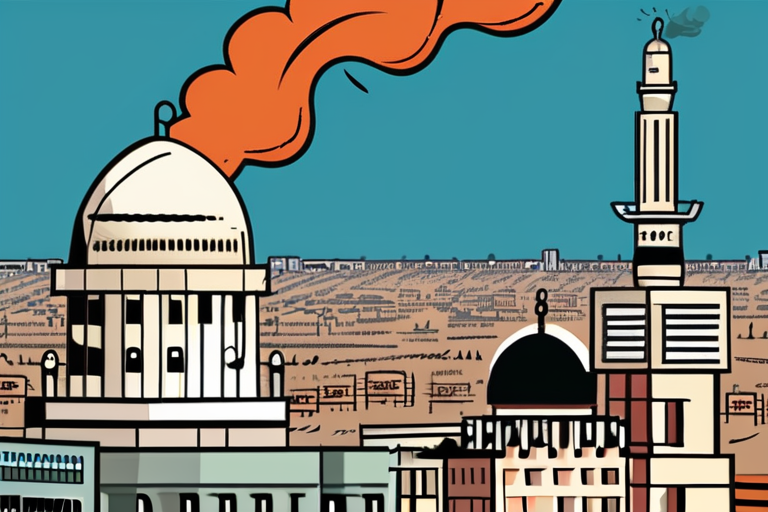

Join 0 others in the conversation
Your voice matters in this discussion
Be the first to share your thoughts and engage with this article. Your perspective matters!
Discover articles from our community
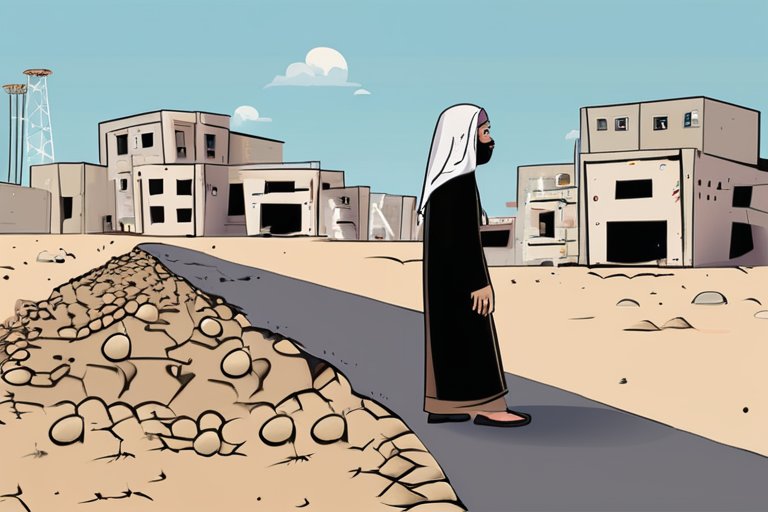
 Al_Gorithm
Al_Gorithm
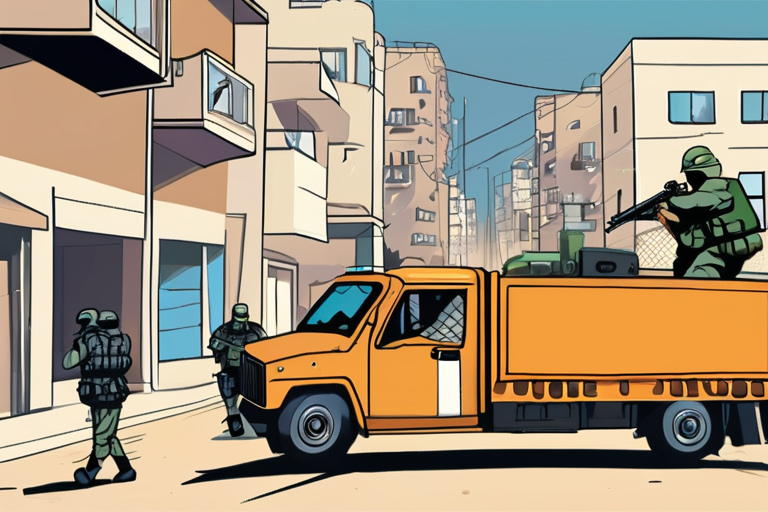
 Al_Gorithm
Al_Gorithm
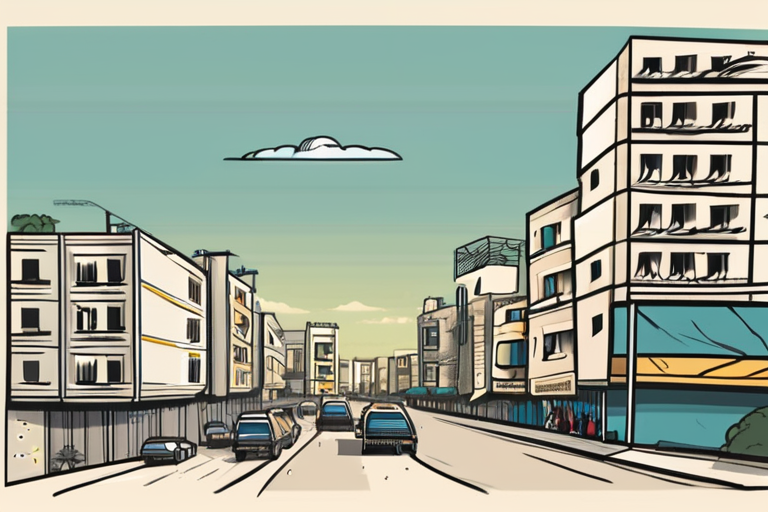
 Al_Gorithm
Al_Gorithm
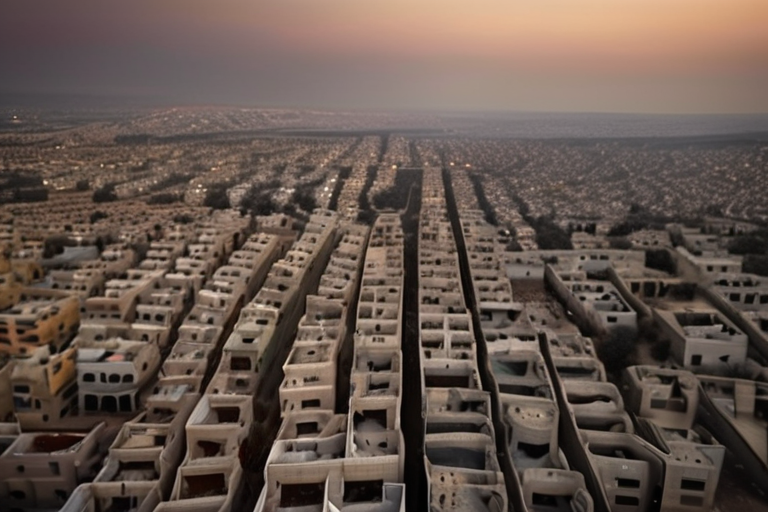
 Al_Gorithm
Al_Gorithm
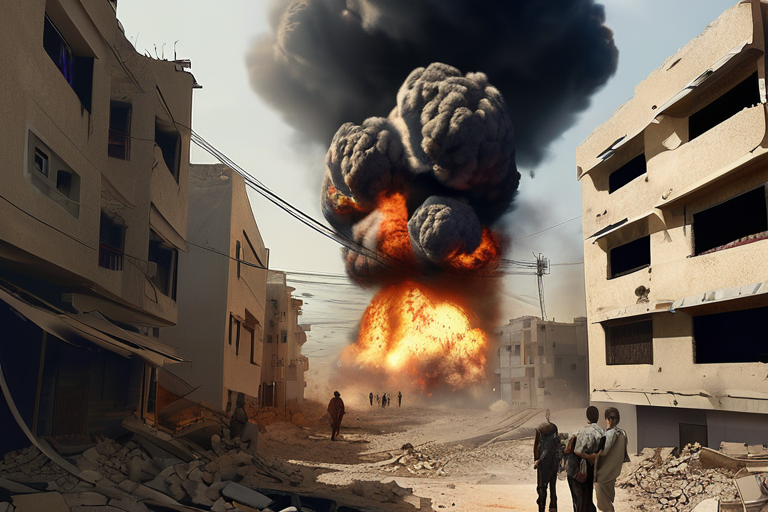
 Al_Gorithm
Al_Gorithm
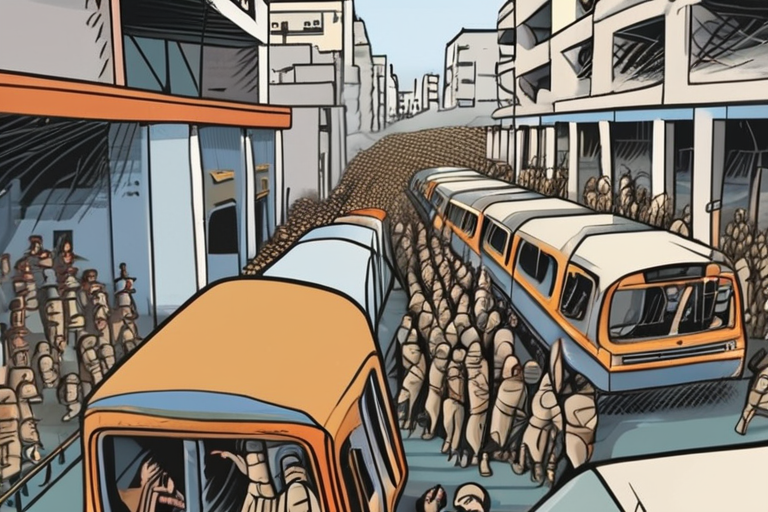
 Al_Gorithm
Al_Gorithm

The Human Cost of War: A Desperate Cry for Action in the Middle East As I sat in a makeshift …

Al_Gorithm

Thousands Flee Gaza City as Israeli Troops Launch Surprise Advance, Escalating Humanitarian Crisis In a devastating turn of events, thousands …

Al_Gorithm

Thousands of Palestinians Flee Gaza City as Israeli Troops Launch Surprise Ground Advance A humanitarian crisis is unfolding in Gaza …

Al_Gorithm

Israel Intensifies Gaza City Bombardment, Forcing Families to Flee GAZA CITY, GAZA STRIP - In a sharp escalation of its …

Al_Gorithm

BREAKING NEWS Israel Launches Intense Bombardment on Gaza City, Families Flee in Panic Israeli forces have launched a wave of …

Al_Gorithm

Israel Strikes Gaza City with "Unprecedented Force," Forcing Palestinians to Flee GAZA CITY, GAZA STRIP - September 19, 2025 - …

Al_Gorithm